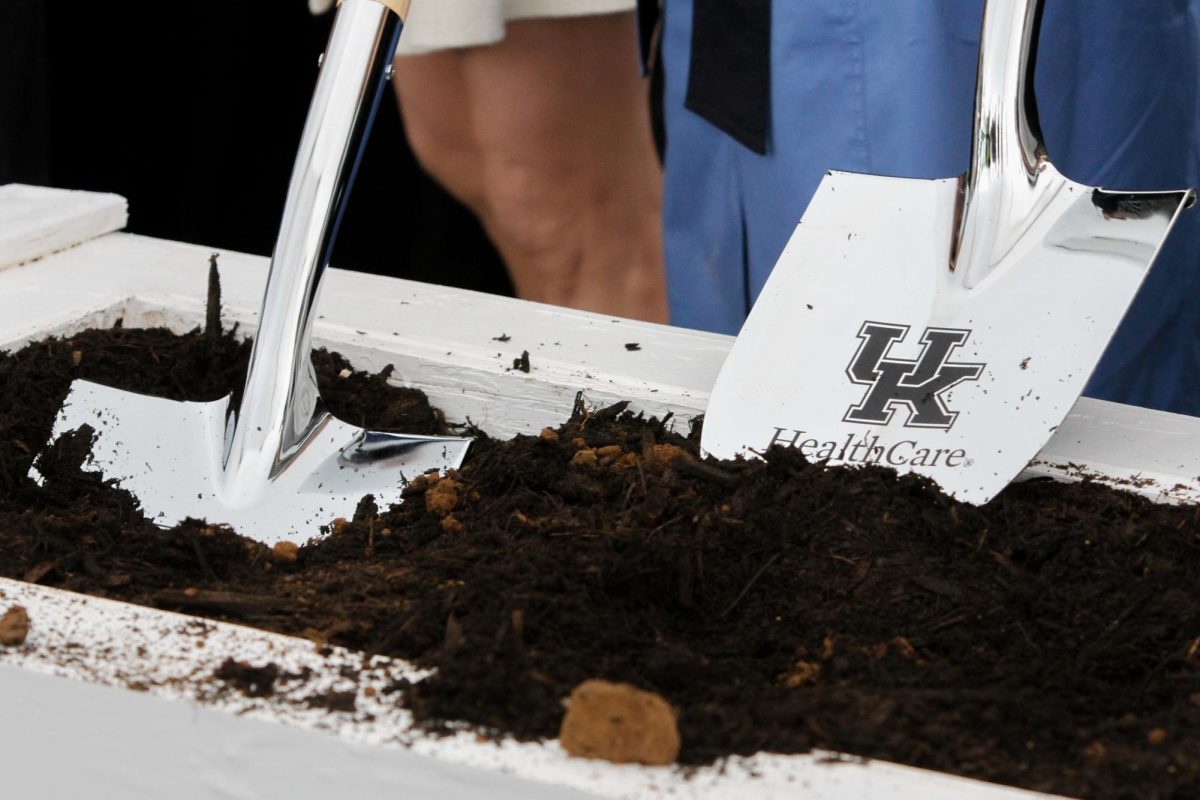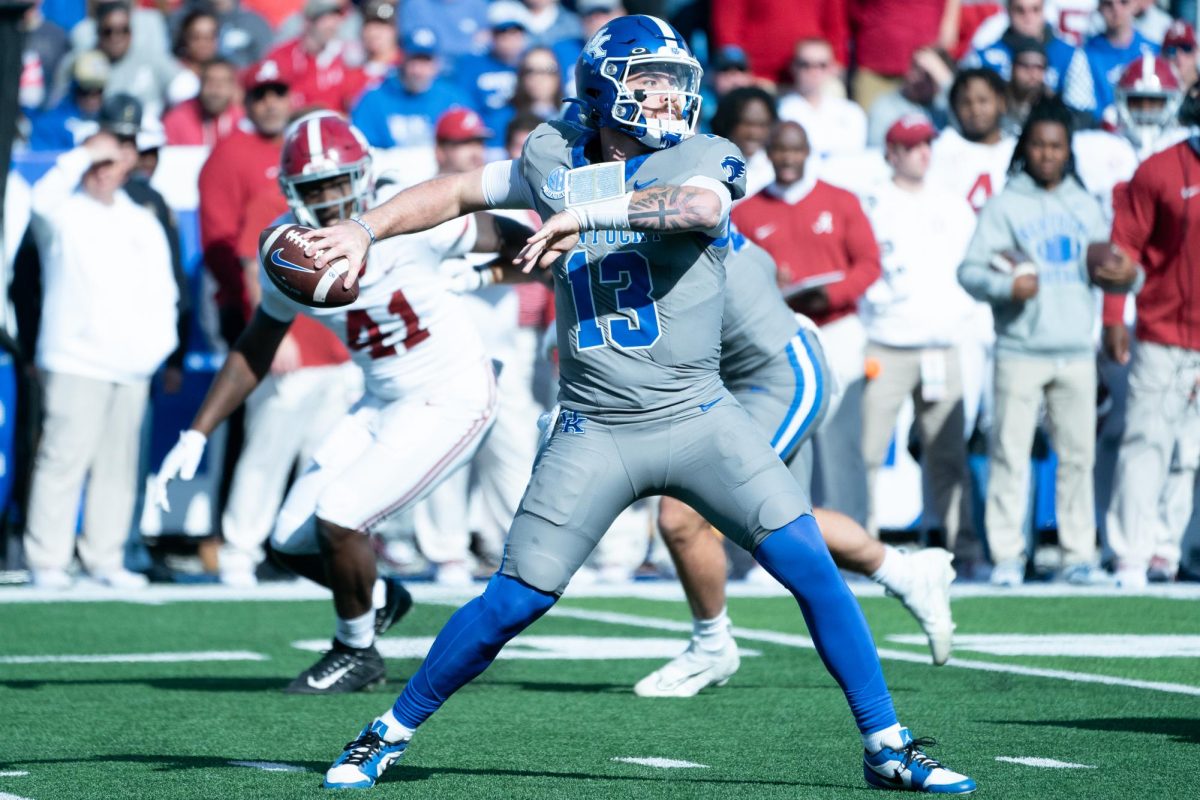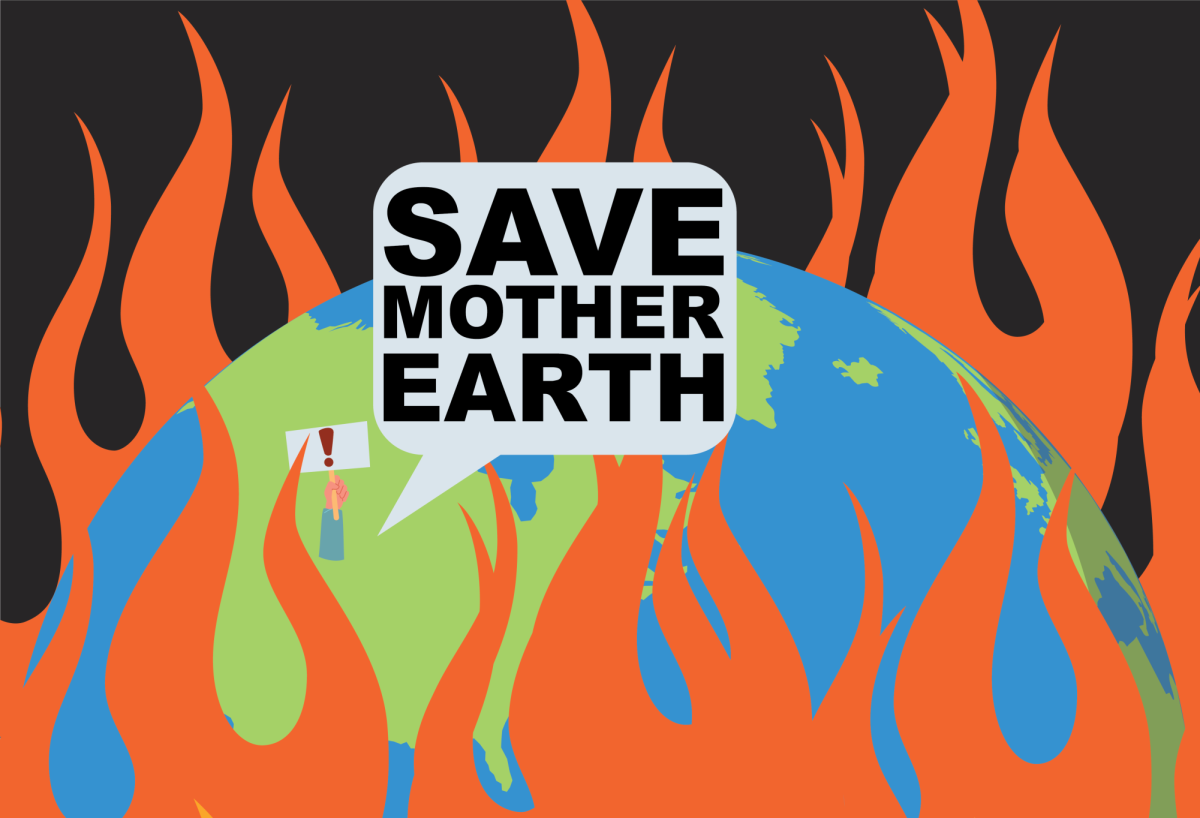We’ve all seen the headlines. “Hottest September on Record.” “Extreme Wildfires Burning Through Canada.” “Thousands Dead Due to Floods in Libya.”
This year alone has exposed us to the tragedies and horrors that are both caused and worsened due to human-caused climate change. The climate crisis is here whether we like it or not. How we proceed in the face of these dangers is in our own hands.
In March, a group of young people in Montana filed a lawsuit against their state government, arguing that its failure to consider climate change when approving fossil fuel projects would have irrevocable impacts on their futures.
This August, a Montana judge ruled that the state’s failing to consider climate change when supporting oil, gas and coal projects was unconstitutional.
This ruling was a huge victory for not only the 16 young Montanans but also environmentalists across the country. It showed that legal protections can — and should — exist to protect the environment in the face of global climate change.
Despite being an overlooked function in government, the judicial system holds a lot of power. It has allowed for remarkable strides in social issues, as seen with civil rights issues.
Recently, it has also demonstrated that previously granted rights are not as permanent as believed to be, such as with abortion rights.
With that being said, the judiciary can be a popular and effective tool for individuals or interest groups to make significant changes. Environmental groups like the Sierra Club have been using the court system for years to make small but effective gains for conservation, and the Montana case will likely set a precedent for future lawsuits involving the government’s role in climate change.
In fact, it already has.
In September, a group of Portuguese activists followed in the footsteps of the Montanans, suing the governments of 32 countries for violating their human rights by failing to address climate change. Before this case, the European Court of Human Rights had never considered global warming in one of their decisions.
All of this begs the question: do the governments of the world have the responsibility to protect their citizens from the effects of climate change?
I certainly believe so.
Climate change has led to the exacerbation of extreme weather events like floods, fires and intense heat waves. Just this year, at least 97 people died due to fires in Hawaii and at least 11,300 people died from floods in Libya. Last year, over 1,500 people in the U.S. died due to heat related causes, and the CDC reports that heat related deaths have increased by 95% from 2010 to 2022.
These occurrences are, unfortunately, a window into our collective future if more efforts aren’t done to protect ourselves and future generations from the problems caused by climate change.
And, despite efforts from some global leaders, the climate agenda has simply not been prioritized by many members of the global political community.
This has, rightly, made many people upset — particularly members of Gen Z, who are anxious about their futures and angry that the people largely responsible for these problems won’t live to see the brunt of their effects.
That brings us back to Montana, a red state with a history of approving fossil fuel projects that also came out on top to support the futures of young people in the face of impending climate doom.
Because of this triumph, I encourage young people in other states and regions of the world to challenge local, state and federal governments to help create legal statutes and precedents to inspire laws that are ultimately necessary to protect the future of ecosystems, species and ourselves.
We can’t count on the people on top to advocate for our health and prosperity, and with time continuing to run out, we have to make significant changes. We don’t have much of a choice.
If we don’t fight for our own futures, who will?














































































































































